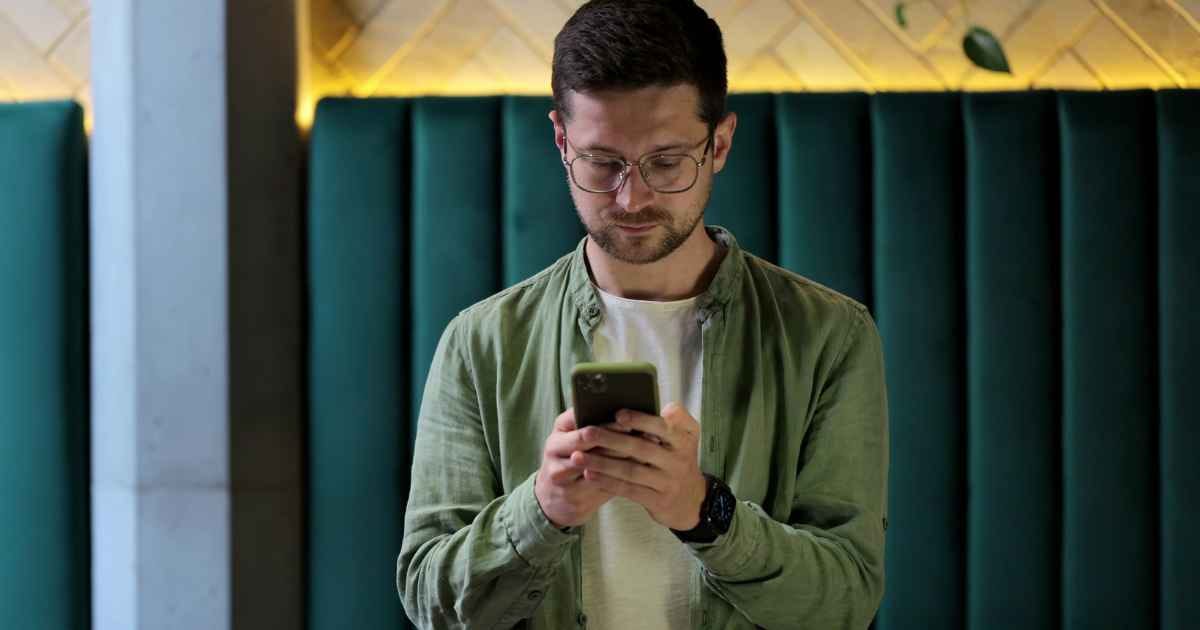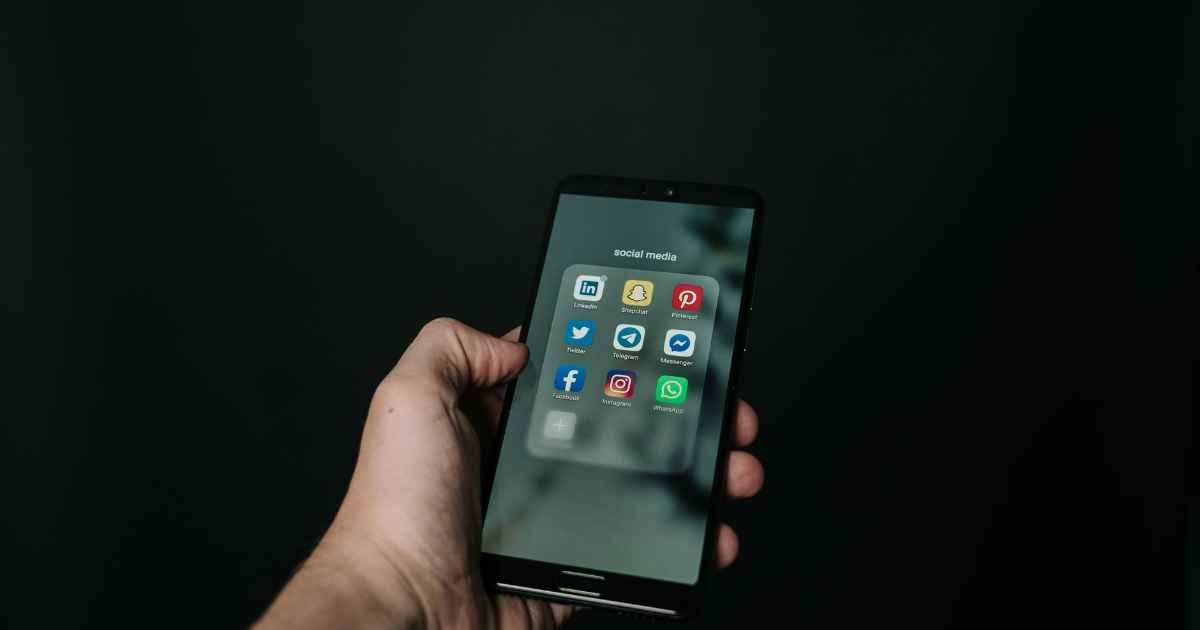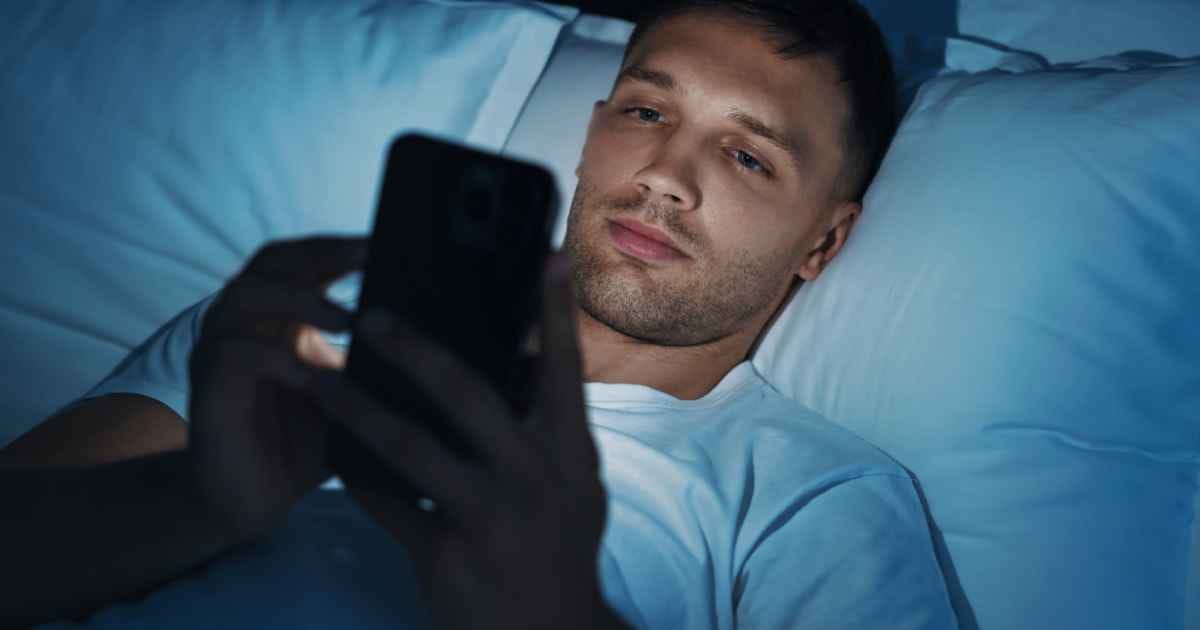Limit Social Media Use to 30 Minutes per Day
Limiting Social Media Boosts Mental Health
If I'm being completely honest, I don’t know anyone who isn’t addicted to social media in some way or another.
In fact, if you tell people that you’re not on Instagram or Facebook, they often think you’re a bit of a weirdo.
Most of the time, people won’t outright say this, but you can usually tell by their facial expressions.
So, let’s talk about the negatives of social media in a little more detail.
Because when used to the extreme—meaning you spend hours on it day in and day out—it has the potential to be very problematic.
#1 Excessive Social Media Use Can Harm Your Mental Health
One of the primary negatives of excessive social media use is its effect on mental health.
This is largely due to a chemical in your brain called dopamine.
Many people refer to social media, as "digital crack cocaine."
So yeah… while you’re not literally smoking crack, every time you get a like, a comment, or a notification, you receive a small hit—or rather, a boost—of dopamine.
This process works in a way very similar to drugs.
When you keep getting these small dopamine releases throughout the day, weeks, months, and years, you become hooked.
You start craving it like a drug, which explains why many people keep scrolling and checking their phones, even when they have no reason to do so.
As a result, your brain changes.
If you were to visit a doctor and get a brain scan of a social media user and a brain scan of a drug addict, the scans would probably look very similar.
It’s frightening because practically every man, woman, and child walks around with a smartphone in their pocket.
I once heard a really smart person say something along the lines of:
“There are only 2 industries where customers are referred to as "users"—computers and drugs.”
Just let that sink in for a minute
#2 Social Media Fuels Body Image Struggles and Unhealthy Comparisons
Another huge problem with excessive social media use is, first, excessive comparison, and second, body image issues.
Obviously, this can be very problematic for some people's mental health.
I’m 36 years old and grew up in an era when social media didn’t even exist. I remember coming home from school, turning on the TV, and there were only 4 channels.
Now, the world is completely different and If I were a kid growing up today, I honestly don’t know how well I would handle social media.
One of the main problems with social media is that it’s not real — it’s actually fake. I even call Facebook “FAKEbook” because what you tend to find is that people showcase a version of themselves they want you to see.
But honestly, I don’t know anyone who doesn’t have problems.
Every single person has issues.
However, if you spend too much time on social media, you wouldn’t know that. You’d think everyone is living the “dream” life. And I want to emphasize the word “dream” because — it’s all bullshit.
If I did one of those vlogs where you followed me, day in and day out, my guess is you probably wouldn’t watch it.
And you want to know why?
Because my life isn’t exactly exciting. I eat practically the same food every day, and I’ve got bills to pay.
This is life for most people.
But like I said earlier, social media doesn’t show you that side.
Regarding body image issues, all I can say is be very, very careful who you follow online.
What I’ve found is that the people who stand half-naked in youtube thumbnails generally aren’t the best people to follow.
Keyword: generally.
Health and fitness isn’t solely about your appearance — it’s about performance inside and outside the gym, and about how it makes you feel.
Exercise is supposed to make your life better, not put you in a cage.
#3 Excessive Social Media Use (Especially at Night) Can Ruin Your Sleep
Let's get straight to the point:
Sleep is the bedrock of health.
You can go weeks without eating—though I definitely don’t recommend it—but the human body can manage. Try going 72 hours without sleep, and it’s probably not going to happen.
I’m sure you’ll agree when I say this:
Sleep is super, super important.
Yet, many people use social media before bedtime, and this is problematic for a couple of reasons.
First, smartphones emit blue light. For those who don’t know, blue light keeps you awake by suppressing a hormone called melatonin. Melatonin is what tells your body to shut down and go to sleep.
Second, social media stimulates your brain and gets you excited.
For example, imagine you’re trying to sleep and your counting sheep.
Suddenly, you get a notification ping. You pick up your phone, scroll through social media, and the content you watch keeps your brain active, making it much harder to fall asleep.
In this article here I mentioned something along the lines of:
After 8 PM, avoid using screens altogether—including the television.
A Good Strategy for Limiting Social Media Use
Before creating this article, I did research regarding healthy social media use.
The number that kept coming up time and time again was 30 minutes.
This is what the experts recommend—they suggest limiting social media use to 30 minutes per day.
However, before I discuss the strategy, it’s important to understand that perfection is not the goal here.
All you can do, is do your best, because the algorithm has been perfectly designed to trap you.
I always say this:
“The algorithm probably knows me better than I know myself”.
So the strategy is to:
Use a timer.
Whenever you go on social media, set a 30-minute timer on your phone and let it run. Once the timer finishes, log off social media.
A very effective way to build new habits is to link them to an existing habit. This is where walking comes in.
After you finish using social media, go for a walk.
Here’s the thing about walking:
Not only does it boost your energy, help you digest your food, and get blood circulating around your body, but it also increases something called BDNF.
BDNF is basically fertilizer for your brain.





